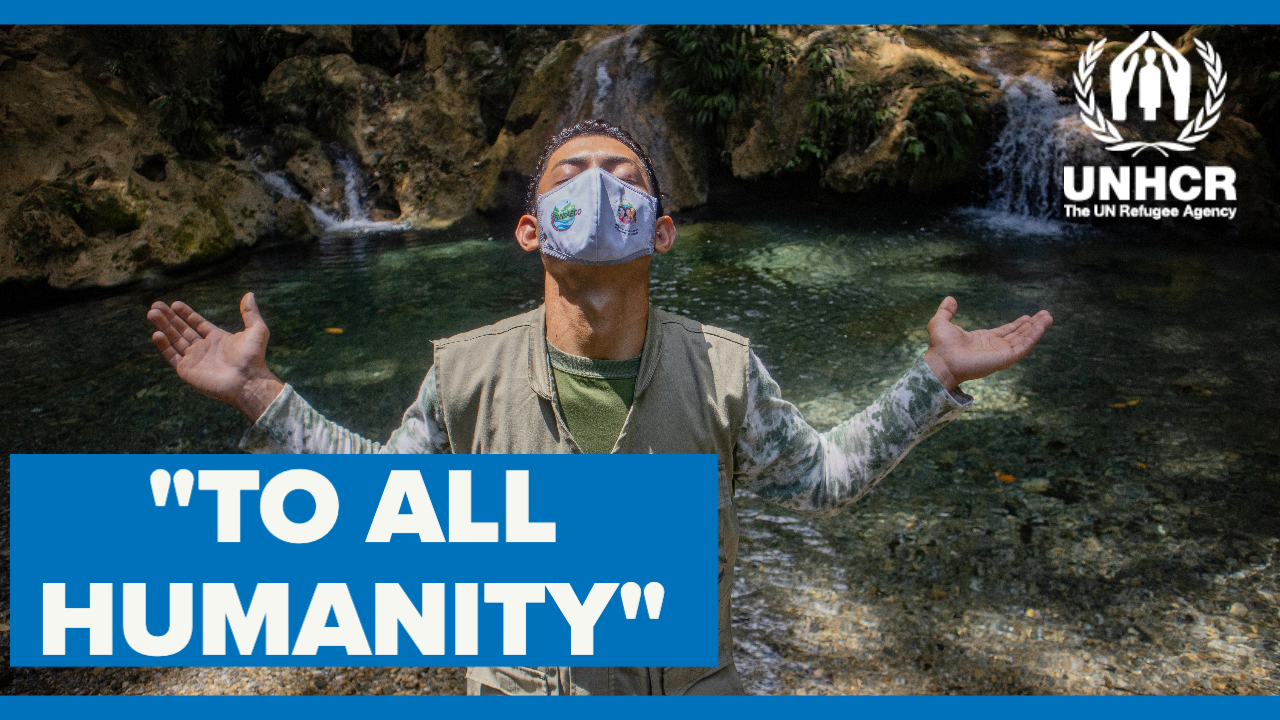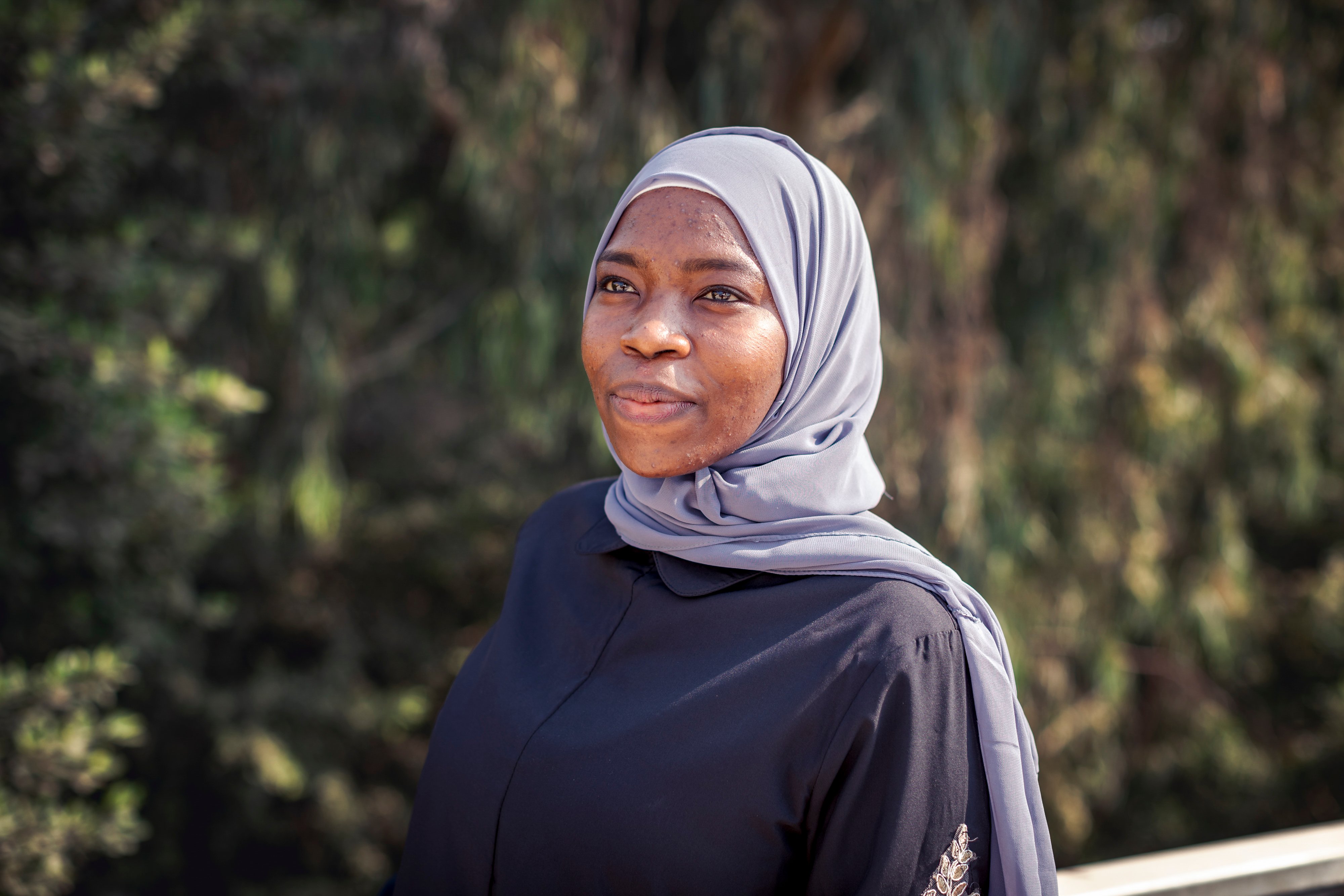A Syrian Smile

A Syrian Smile
Each summer for many years I took the road from Beirut to south Lebanon to bask in the warm glow of the region's beaches and sunshine. This morning I am heading south once more.
Sun worshippers still lounge languidly at the water's edge, but today the road takes me to a very different place: a huge L-shaped structure, one of the most overwhelming collective centres for Syrian refugees I have yet visited.
The compound is about 40 x 30 meters in size, and I quickly realize I am entering a self-contained village of more than 800 people. Children play noisily. Men and women use the recently built sanitation and showering facilities. Mountains of lettuce and onions are piled on a concrete floor as a refugee coordinator carefully distributes equal portions among the refugees.

I meet Fatima as I climb to the second floor, squeezing past legions of excited children of all ages who are being scolded by their mothers and then, as a last resort, by their fathers. Fatima has an ear-to-ear smile. She talks, she rambles, she scolds, but that smile never leaves her face for a second. It defines her. She invites me to lunch with her six children, and as we squat over a large tray of fried eggplants and potatoes, she tells me about herself and her family's escape from Syria.
As I walk out, a customer comes in asking for a washcloth – another 50 cents profit for Fatima and her family this morning. All accompanied by Fatima's wonderful ear-to-ear smile.
She is devastated by the tragedy of her country. But there is no time to look back and regret. "I have mouths to feed," she tells me resolutely. In Syria she owned her own grocery store, but here, from the family's tiny 5x5 meter 'squat' and a small store she sells slippers, combs, rubber bands, mirrors and other gadgets to generate a modest income. "I know how to manage a business," she says. "I am not going to let that go to waste."
Fatima and her family once had a home, a business and the peace of mind that comes with free access to services, health care and education. Imagine watching that all fall apart, fleeing and ending up in an enormous collective centre, in a foreign country, surrounded by equally destitute people. Imagine traveling 50 kilometres every week in a strange land to buy goods you hope to sell from your new makeshift store.
As I walk out, a customer comes in asking for a washcloth – another 50 cents profit for Fatima and her family this morning. All accompanied by Fatima's wonderful ear-to-ear smile.









